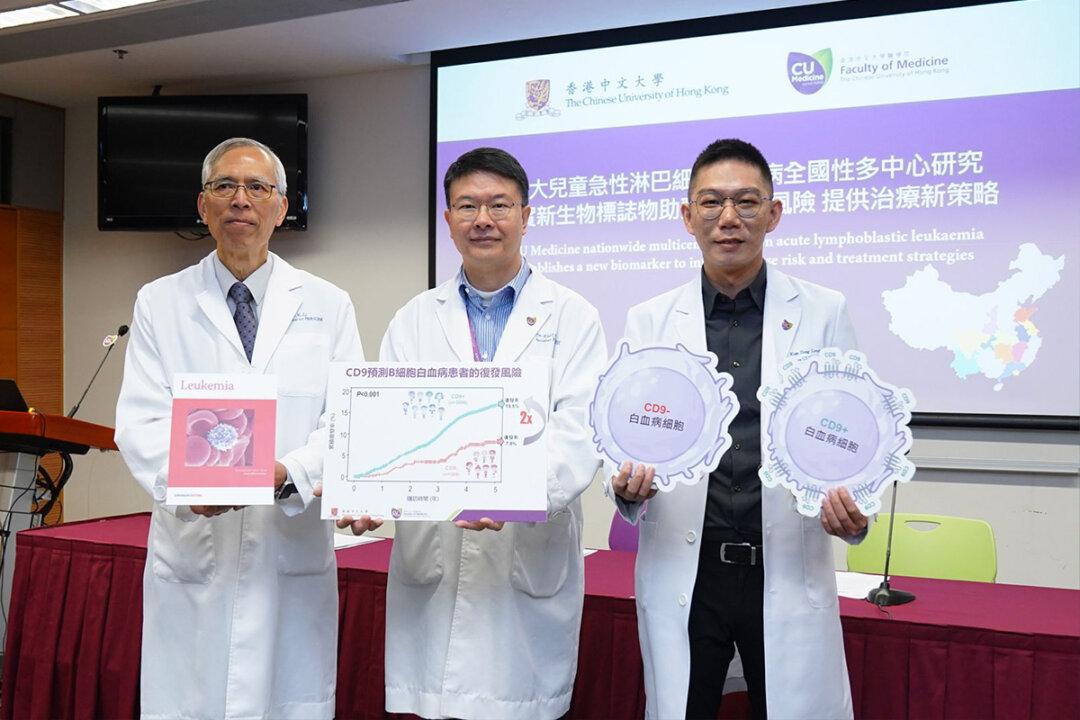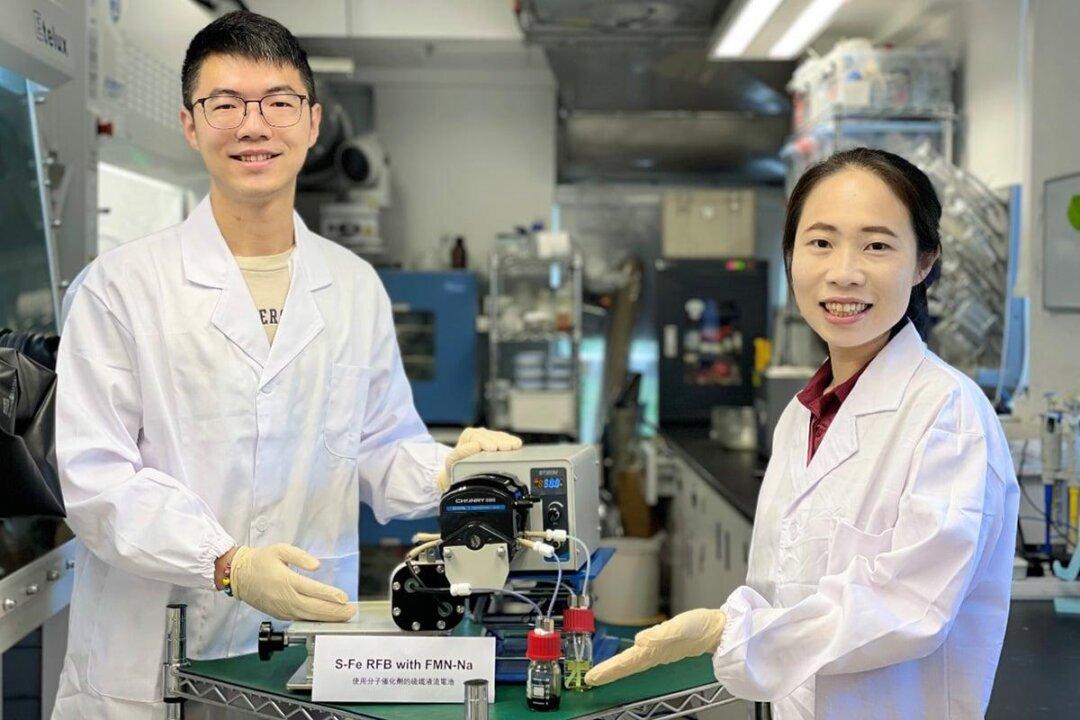Metformin, a frontline drug for treating type 2 diabetes, may potentially contribute to healthy aging, according to the HKU School of Public Health research team. By analyzing data from over 300,000 participants in the UK Biobank, the team provided genetic evidence supporting that metformin could facilitate healthy aging. The research findings have been published in the Lancet Healthy Longevity.
Recent studies have suggested that metformin, beyond its role in stabilizing blood sugar, might promote healthy aging and even play a role in preventing aging-related diseases such as cancer and Alzheimer’s.




